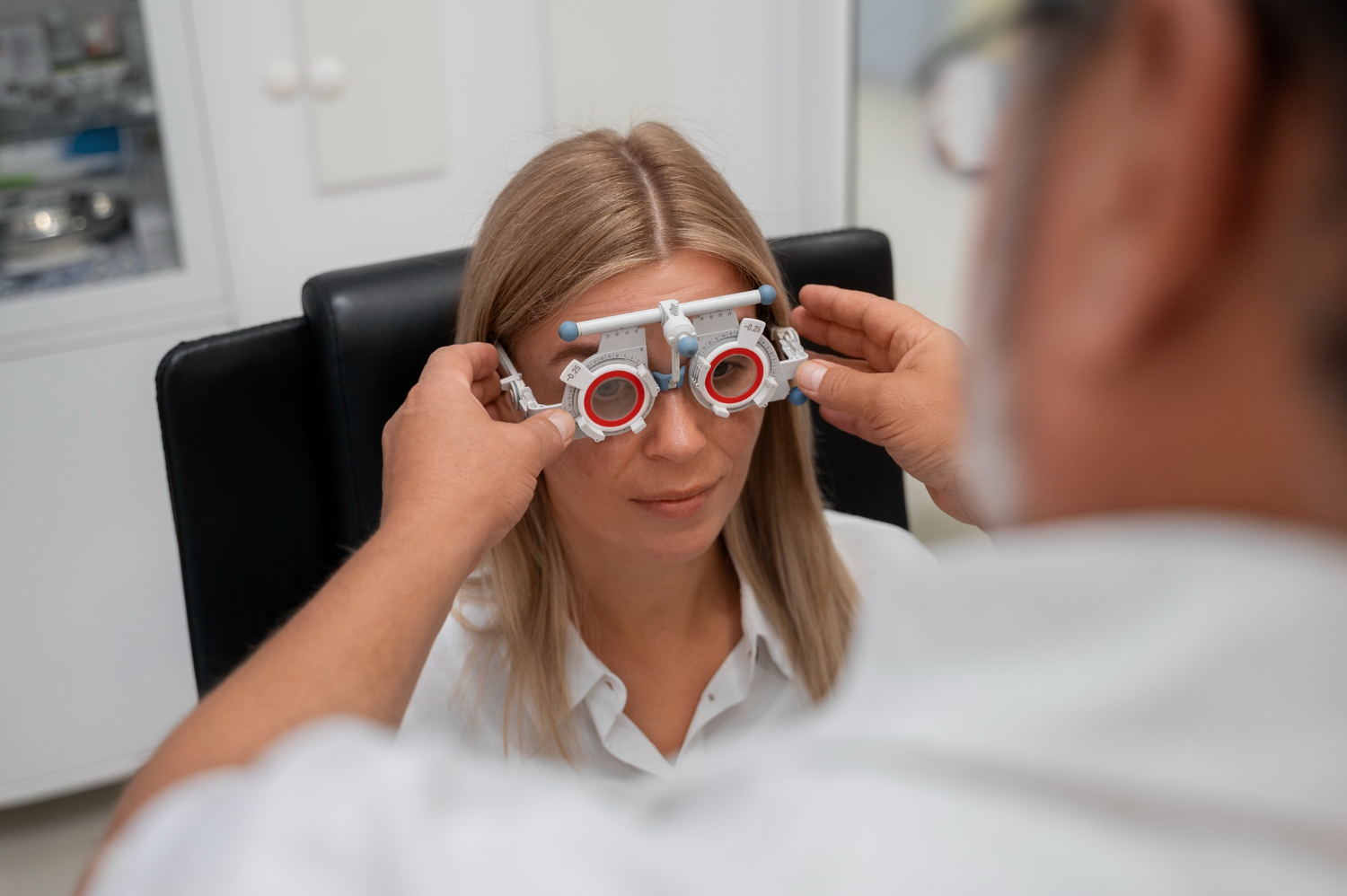Disclaimer: This blog post does not replace medical advice and should not be implemented prior to consulting a fully certified medical professional.
The LASIK procedure is deemed to be the most popular laser eye surgery used to treat common eye problems. These common eye problems include myopia (nearsightedness), hyperopia (farsightedness), and astigmatism.
As with any refractive surgery, this procedure is performed by reshaping the cornea. By doing this, the light enters the eye to be focused onto the retina, resulting in much clearer vision. This surgery is pain-free, and usually takes about 15 minutes per eye.
It’s worth knowing that not everyone is a good candidate for vision correction surgery. There are a few essential things that must be examined first to see if you’re ready for the said procedure. If you’re wondering what these are, here are five things to consider before getting a LASIK procedure:
1. Healthy eyes with stable vision
Eye doctors want to make sure that before getting the LASIK procedure, you have healthy eyes, apart from the myopia, hyperopia, or astigmatism that you suffer from. Any other eye condition can significantly impact how your eyes will react after the procedure. Some common eye problems to watch out for include severe dry eye syndrome, conjunctivitis (pink eye), and any eye infection or injury. On the other hand, your vision must be stable before undergoing a LASIK procedure. Eye doctors recommend for refractive errors to be stable for at least 12 months before the surgery.

2. Sufficient thickness of the cornea
As mentioned, the LASIK procedure is done by reshaping the cornea, which is the front surface of the eye. For this reason, it’s required that your eye cornea has sufficient eye thickness. It can be detrimental to perform this surgery on a thin, irregular, or misshapen cornea. Doing so can significantly compromise the results of your surgery and impair your vision.
3. Not too large pupils
Apart from the cornea, the pupils are examined as well. Natural, large pupils may have risks of certain side effects when having undergone a LASIK procedure. These side effects include halos, glares, and starbursts in low light, particularly when you’re driving at night. If and when you have large pupils, better not risk getting laser surgery at all.
4. Limited eye prescriptions only
If you have a very high prescription, your eye surgeon may not advise you to get a LASIK procedure. Whether it’s nearsightedness, farsightedness, or astigmatism, it’s not worth the cost and potential risks. Individuals with high refractive errors aren’t likely to get positive results from LASIK surgery.
5. Good health
It’s a requirement for one to have good health when planning to get LASIK surgery. This is because laser eye surgery may lead to degenerative conditions or uncontrolled autoimmune diseases. If you have health conditions such as Sjogren’s syndrome, rheumatoid arthritis, type 1 diabetes, and AIDS, you better not risk yourself by getting a LASIK procedure.
Conclusion
There’s no denying the popularity of LASIK surgery among types of refractive surgery, as the vast majority of LASIK surgery results are extremely effective. Know, however, that to be a right candidate for this procedure, you must consider the five valuable things outlined above.
Ultimately, it’s best to consult with an eye surgeon first. Be sure to inform your doctor of all pertinent information relating to your health and medical history to achieve the best possible results for your vision.
We improve your quality of life with vision correction, from Refractive Lens Exchange to Cataract Surgery to LASIK procedure.





